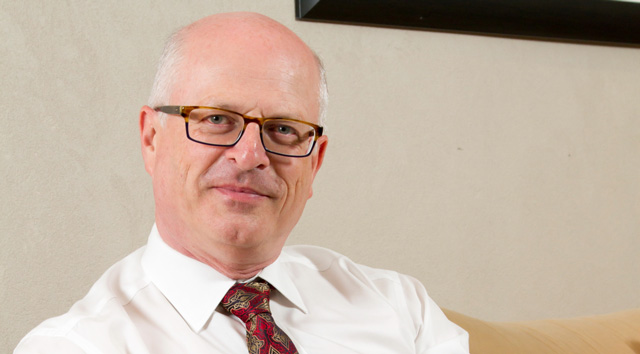
The Independent Communications Authority of South Africa (Icasa) ought to cut mobile termination rates in half, to 20c/minute, and do so at one fell swoop rather than using a “glide path” as it did when imposing previous cuts in the rates, says Telkom Mobile MD Attila Vitai.
Termination rates are the wholesale fees mobile operators charge one another to carry calls between their networks. Reductions in the rates over the past four years have led to a sharp reduction in retail prices for consumers, with smaller players Cell C and more recently Telkom Mobile leading the charge as they try to take market share from Vodacom and MTN.
Because of how competitive South Africa’s mobile industry has become, further cuts in termination rates will be passed on to consumers, Vitai says. “I don’t think the profitability of the industry will be that significantly affected,” he says. “It won’t be the doom and gloom you hear from the big operators.”
He says lower rates will generate more calling volumes for the networks and could even lead to higher average revenues per user. It will also have a positive impact on the economy – as people talk more, they’ll do more business, boosting GDP.
What will happen, he predicts, is that there will be a “shift in profits” away from the “two big boys” to Cell C and Telkom Mobile. “Right now, the profits are skewed to the big two, principally because they have a big built-in advantage.”
Icasa must be aggressive in cutting termination rates, Vitai says. “We should have a very steep cut from where we are today. Halving the termination rate would be a good move.”
Like Cell C CEO Alan Knott-Craig, Vitai argues that there should be “asymmetry” in the rates to favour smaller operators. Unlike the Cell C boss, though, he says this asymmetry should fall away after a couple of years. “We should have a year or two to help us find our feet in a new paradigm of lower termination rates, after which we should be able to compete effectively with the large operators,” he says. He’d like the asymmetry advantage to be maintained at the current 4c/minute, so if termination rates were to be halved, asymmetry would double from 10% to 20% until it expires.
“If termination rates went down to 15c/minute for everybody and there was no asymmetry, we would still be better off than we are today at 40c with 10% asymmetry. The Holy Grail is to get mobile termination rates down. I’m happy to trade off asymmetry over the longer term. I could live with it being stopped after two or three years, but only if the base rate was substantially lower than where it is today.”
Vitai believes there is scope for substantial cuts to retail prices if Icasa is aggressive in bringing down the inter-network rate. He points to the fact that Telkom Mobile’s new Sim-Sonke prepaid tariff plan offers on-network calls for 29c/minute. Calls to other networks cost 75c/minute.
But should the loss-making Telkom Mobile, which is trying to carve space for itself in a market where the first two players were licensed 20 years ago, be competing in the prepaid voice market at all. Should it not rather focus all of its efforts on areas where it has competitive advantage, such as in utilising its spectrum assets for 4G broadband?
“The focus is on data growth. However, we are only utilising 10% or 15% of our network, so I’d rather sell something at 29c,” Vitai says. “What’s the alternative? Leave it empty?” — (c) 2013 NewsCentral Media




